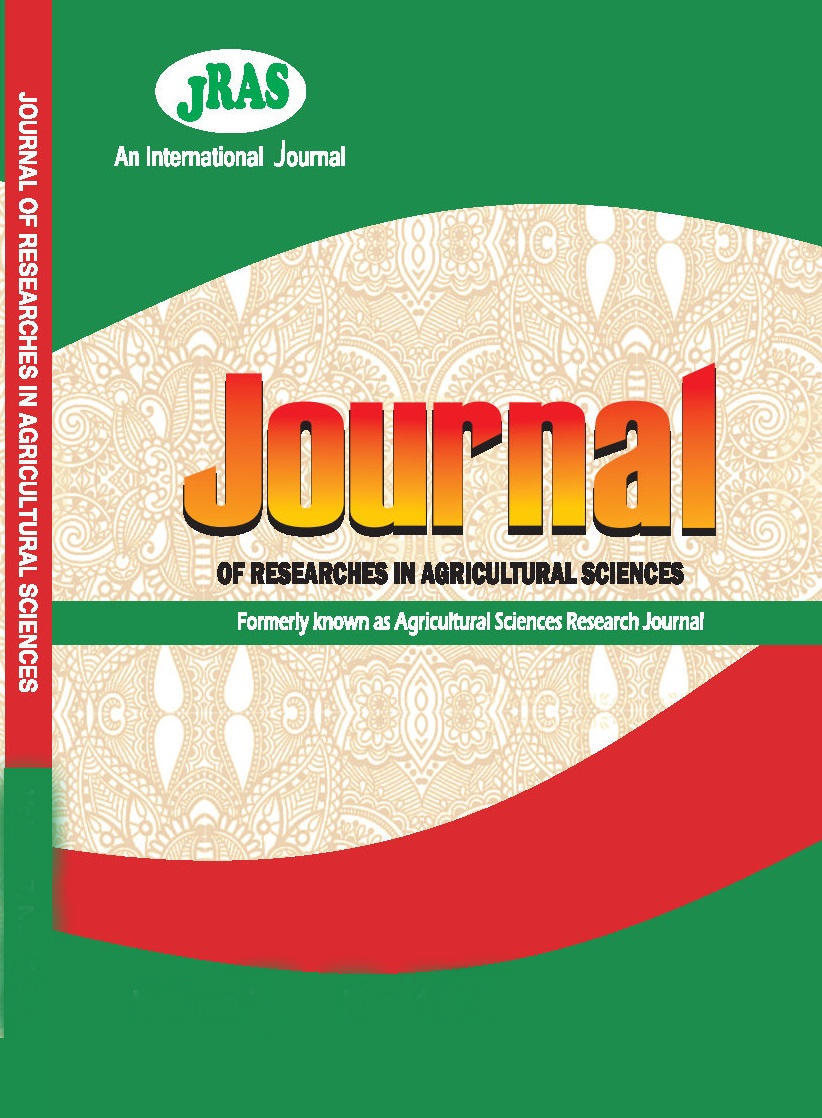Food and Nutrition Security in Nigeria: Post COVID-19 Pandemic Era and National Insecurity Challenges
Abstract
The agricultural sector holds the key to Nigeria’s drive for sustainable economic progress and diversification, but it is bedeviled by a plethora of challenges. These range from adverse weather conditions associated with climate changes, herder-farmer clashes, terrorism, and insurgency in the north-east, cattle rustling and banditry in the north-west to low levels of mechanization, poor research and development activities, huge post-harvest losses due to lack of storage facilities and marketing infrastructure. Thus, with the COVID-19 pandemic, the hope for attaining food and nutrition security in Nigeria is being dashed as it has engendered rising food prices and exposed the weaknesses in the food systems. This study involved a review of various literatures, conceptual and theoretical frameworks, and empirical studies on the impacts and to form the basis for the conclusion and recommendations. The paper is of the view that in order to reduce the impact on the agricultural sector by the distortions caused by COVID-19 and attendant restrictions, the government at all levels should consider offering more palliatives to farmers in the form of improved seedlings, inputs and basic farm implements at highly subsidized prices and greater access to affordable farm extension services. The overall objective is to reduce Nigeria’s dependence on importation of food commodities, address underlying economic vulnerabilities and ensure management of the food, pandemic and other related crises affecting food and nutrition security as the main path to tackling national insecurity challenges in the long term

